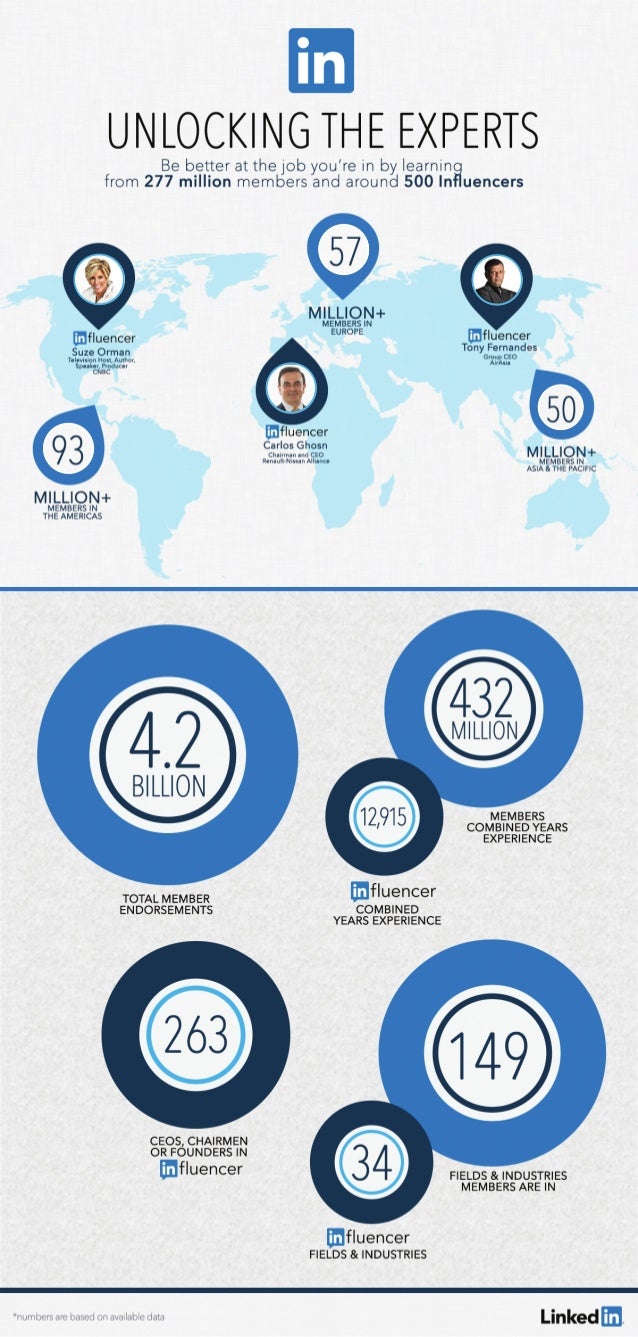
My business partner Dustin Moskovitz and I have been astoundingly fortunate: after helping build Facebook, we have more than enough money to provide for ourselves and our families for the rest of our lives. Instead of retiring on a beach, we're building another company called Asana. Some people ask us why we're still working so hard. The answer is that, for us, building technology was never about personal wealth in the first place. Work is a way to contribute to making the world a better place. Facebook was always about making the world more open and connected. And now Asana is, to our knowledge, the best contribution we are capable of making.
In my experience, contributing to the world is vastly more important than wealth, even to my personal happiness.
Dustin and I started Asana in 2009 because we saw a huge untapped opportunity to help humanity thrive -- by using technology to radically improve the ability for teams to work together with less effort.
Asana builds software that enables teamwork without email. Philanthropy probably conjures images of non-profits and soup kitchens, not communication software. But at Asana, we are making work less painful, which not only improves people's lives at work, but also empowers those teams to make their greatest contributions to the world.
Because let's face it: in general, working in teams sucks. McKinsey reports that knowledge workers spend 30% of work time on email alone, and another 20% hunting down information that someone else at their company already knows. That means over half our jobs isn't even real work; it's the soul-sucking work about work. Despite endless meetings and status updates, confusion is rampant in most workplaces. What are all the steps left on this project? Who has the ball on what? Lack of clarity leads to stress, duplicated effort, and an often depressing inability to achieve teams' initially-exciting goals.
Most people assume it has to be this way. But we don't agree. Some of these problems are of leadership and culture (which is why Asana has a team devoted to publishing the best lessons on how to achieve great teamwork). But a lot of these problems are of communication technology -- email's just too disorganized.
We built Asana because we believe humanity deserves better than email. We're excited that teams that transition from email to Asana tell us they feel more calm, clear, and effective.
But what's most exciting is to see teams do great things with these new coordination powers. We get to help Airbnb revolutionize travel, Uber revolutionize transportation, and Quora share the world's knowledge, to name a few famous examples.
But we also get to help less famous organizations help humanity thrive. Nyaya Health provides health care to Nepal's rural poor. It's a complex operation: hundreds of volunteers across two continents. We're thrilled with how Asana has impacted the quantity and quality of care they can provide. Their CEO sends us photos of children who would otherwise still be sick, if not for Nyaya's improved teamwork communication.
There are so many vital and exciting projects that teams of people are working on. Frankly, I wish we could work on all of them. I'd love to connect people through software, find the cure for cancer, solve global warming, make government more efficient, and create art. While I can't do all of these things at once, Asana provides the opportunity to play a role in each of them. Because no matter what mission in the world you think is important, it takes a team to make it happen. I hope that by helping all teams achieve their goals, Asana can play a meaningful role in helping humanity thrive.
The things that money can buy haven't contributed a fraction as much to my happiness as the satisfaction I experience from contributing to the world. If you work in any kind of organization, I hope that Asana will not only make your job suck less, but that it helps your team make its greatest contributions to the world, that you do great things, and that you enjoy the satisfaction of helping humanity thrive.

